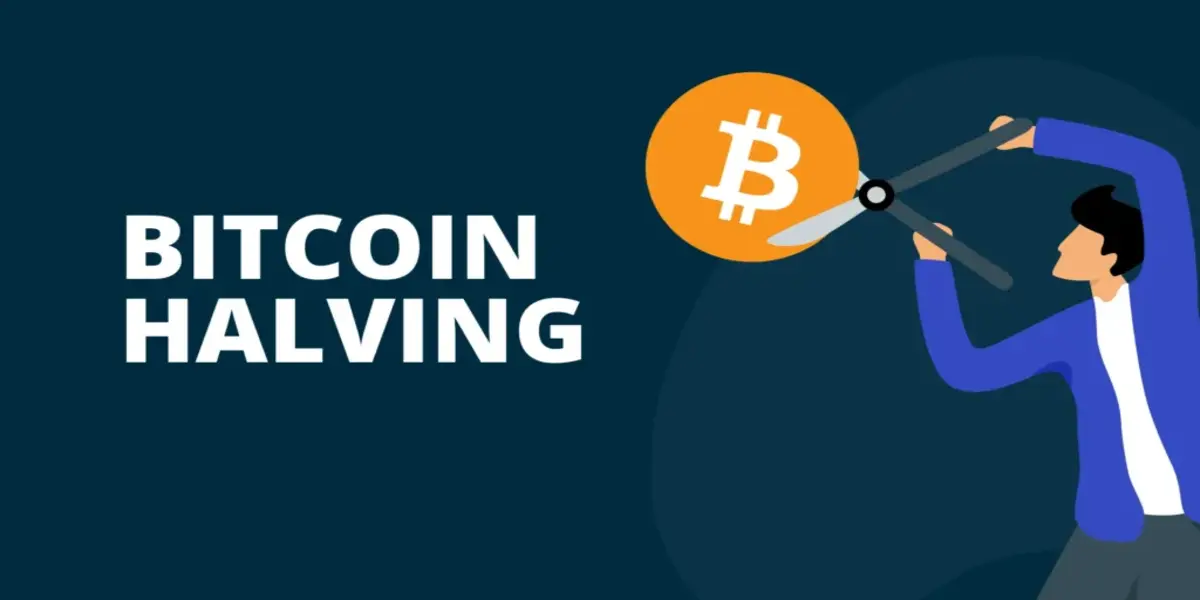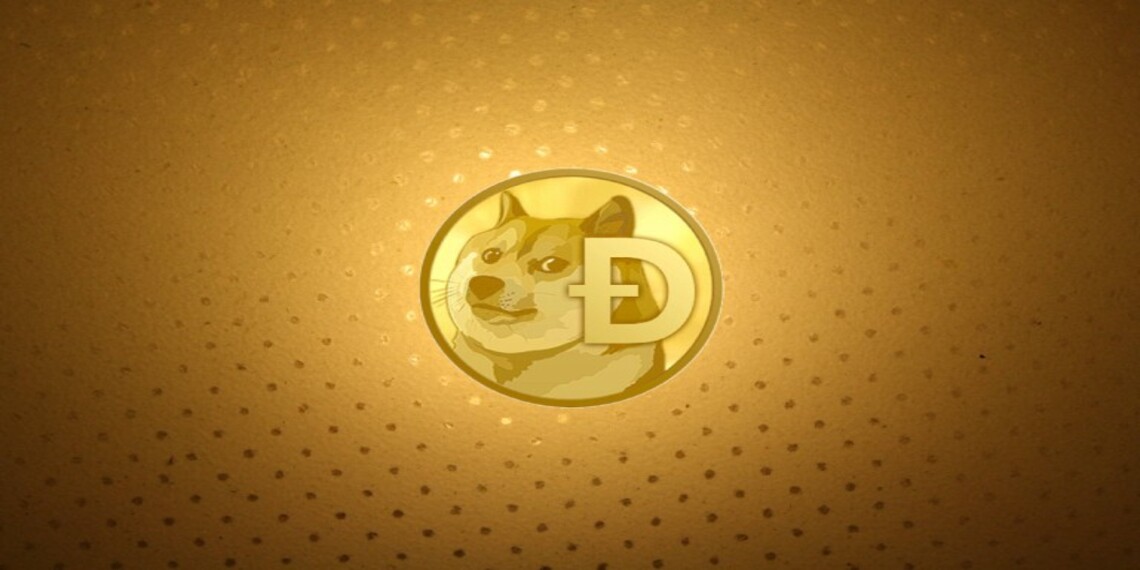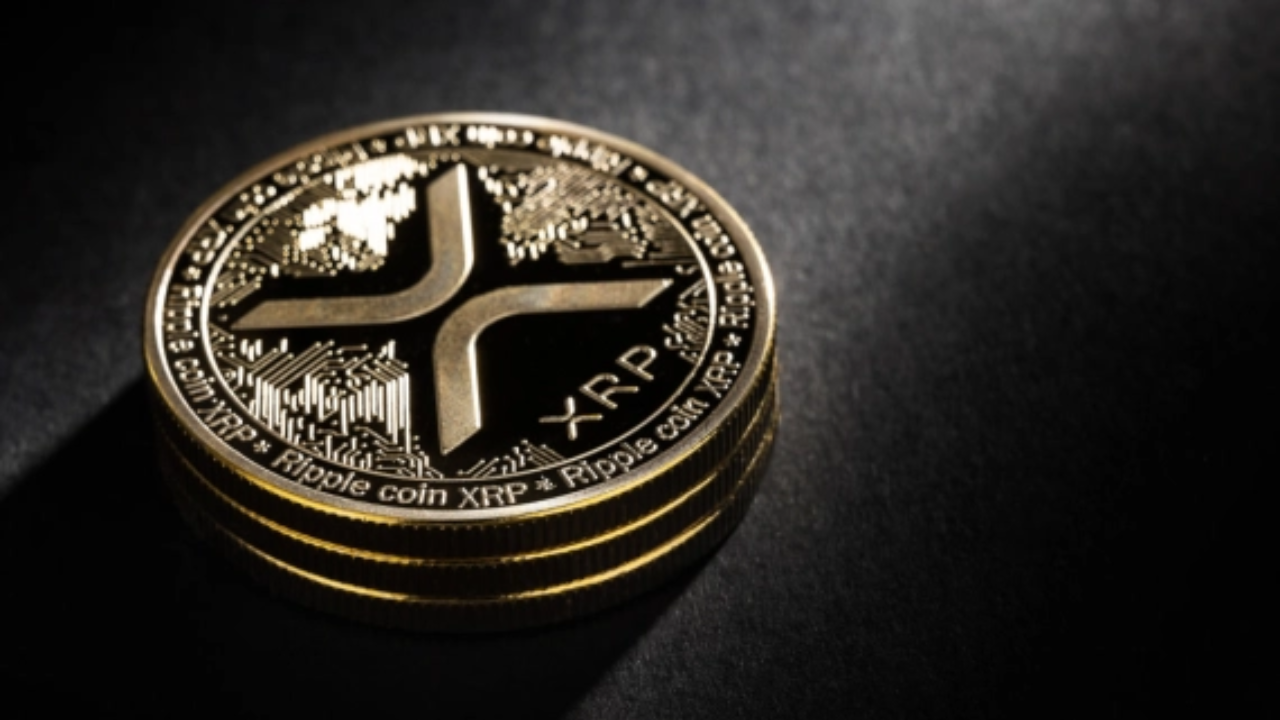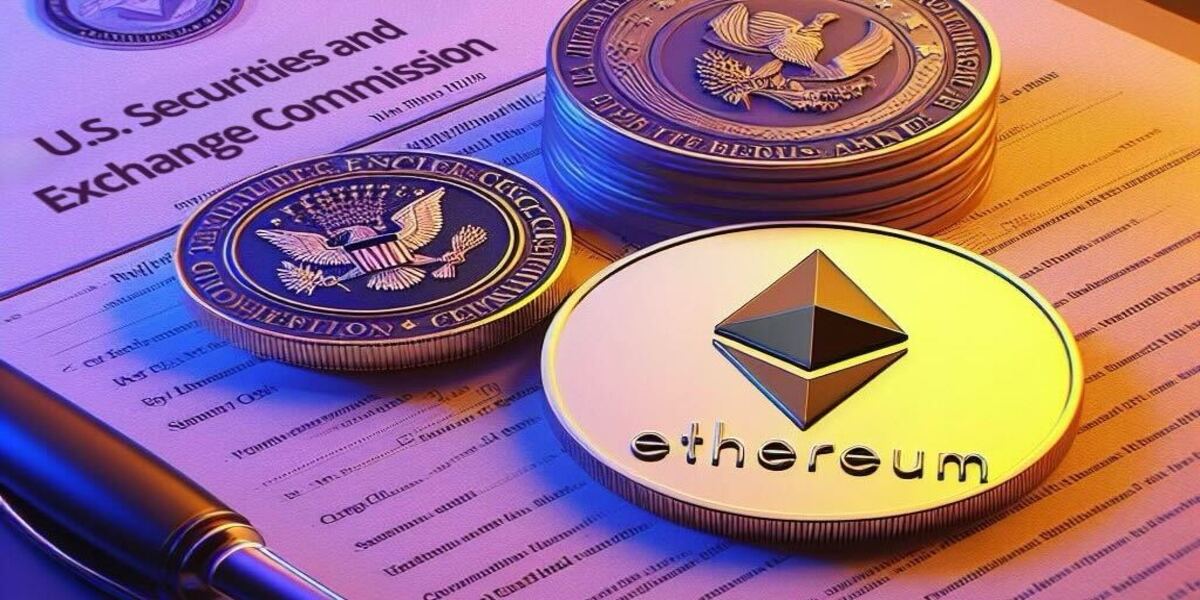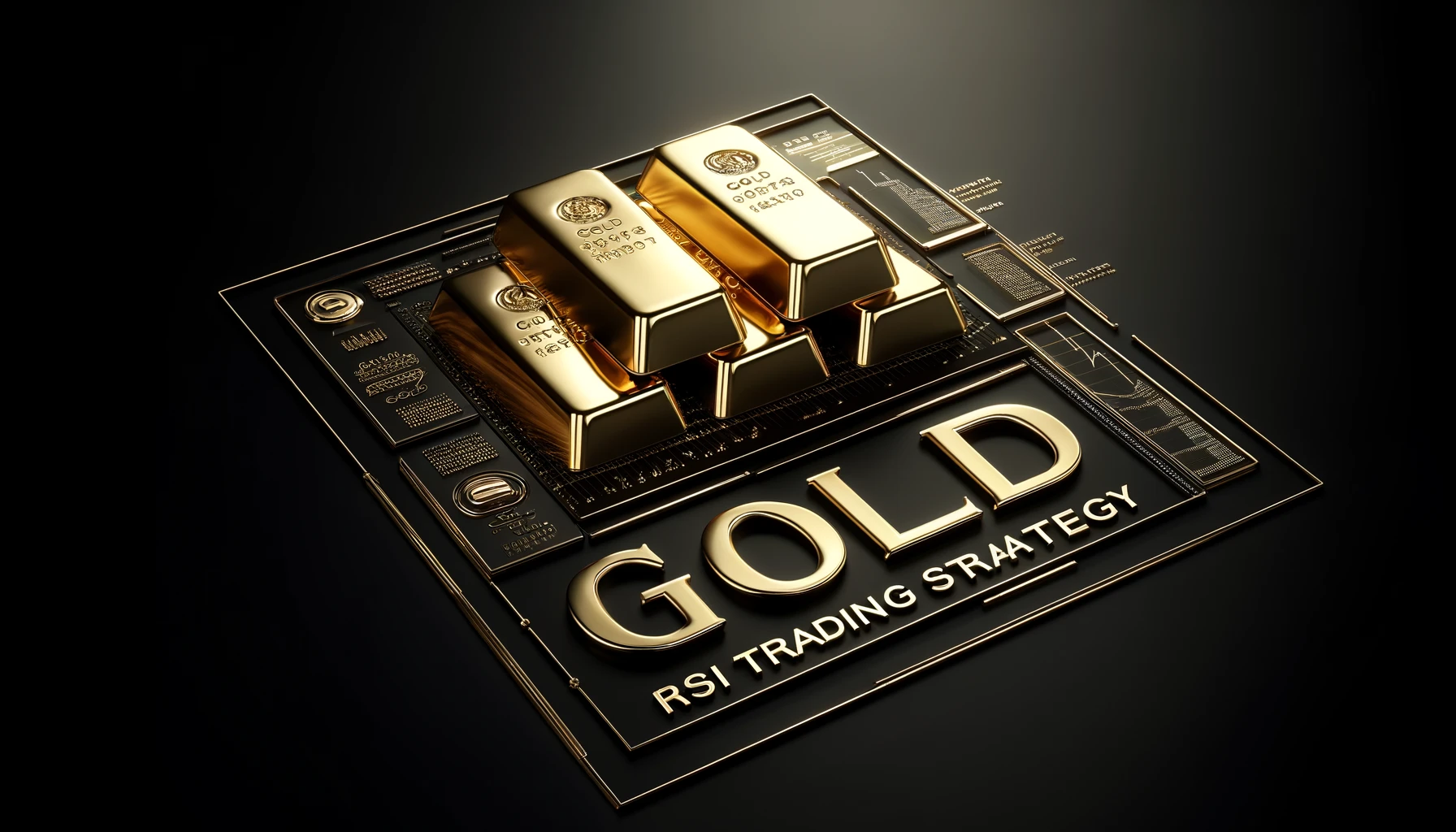In his annual shareholder letter, Jamie Dimon, CEO and chairman of the country’s largest bank by assets, alluded to a potentially unprecedented confluence of threats.
According to Dimon, three forces are expected to dominate the globe over the next several decades:
- The recovery of the United States economy from the Covid epidemic.
- High inflation will usher in an era of rising rates.
- Russia’s invasion of Ukraine and the ensuing humanitarian crisis.
“Each of these three reasons stated above is distinctive in its own right: the remarkable stimulus-fueled recovery from the COVID-19 pandemic, the expected necessity for rapid rate hikes and the required reverse of Q.E., and the war in Ukraine and Russian sanctions,” Dimon wrote.
“They present fundamentally different situations than we’ve seen before – and their combination might drastically heighten the risks ahead,” he wrote. “While it is feasible and hopeful that these events may end in peace, we should be prepared for the worst-case scenario.”
“At the very least, the war in Ukraine and Russia’s sanctions will slow the world economy – and it might easily get worse,” Dimon wrote. That’s because there’s no way of knowing how the battle will end or its effect on supply chains, especially those involving energy.
According to Dimon, JPMorgan’s management isn’t concerned about its direct exposure to Russia, though the bank may “still lose roughly $1 billion over time.”
Concerning the war’s economic consequences
“By mid-year, we predict the war’s aftermath and accompanying sanctions to have reduced Russia’s GDP by 12.5 percent” (a decline worse than the 10 percent drop after the 1998 default). Our experts now predict that the euro area, which is heavily reliant on Russia for oil and gas, will expand at around 2% in 2022, rather than the high 4.5 percent rate we predicted just six weeks ago. In comparison, they indicate the U.S. economy will grow at a rate of about 2.5 percent, below an earlier estimate of 3 %. However, I emphasise that these projections are predicated on a relatively static assessment of the situation in Ukraine and the current sanctions.”
Concerning the Federal Reserve
“The Federal Reserve and the government did the right thing by taking bold, dramatic action in response to the pandemic’s suffering.” In retrospect, it was a good decision. But, in hindsight, the medicine (fiscal expenditure and quantitative easing) was undoubtedly too strong and lasted much too long.”
‘Highly turbulent markets.’
I have no sympathy for the Fed’s upcoming task: The better the recovery, the higher the interest rates (which I believe will be substantially higher than market expectations), and the tighter the quantitative easing will be (Q.T.). If the Fed gets it right, we might have years of growth, and inflation will finally start to fall. In any case, this approach will produce a great deal of uncertainty and market volatility.
Flexibility from the Federal Reserve
“One thing the Fed should do, and appears to have done, is to exclude itself — to give itself ultimate freedom — from the pattern of raising rates by only 25 basis points regularly. And while they may disclose how they want to lower the Fed’s balance sheet, they should be able to change their minds at any time to respond to changing economic and market conditions. A Fed that responds quickly to data and events will boost confidence in the long run. In any scenario, rates will have to rise significantly. The Fed has a difficult job ahead of it, so let us all wish them well.”


